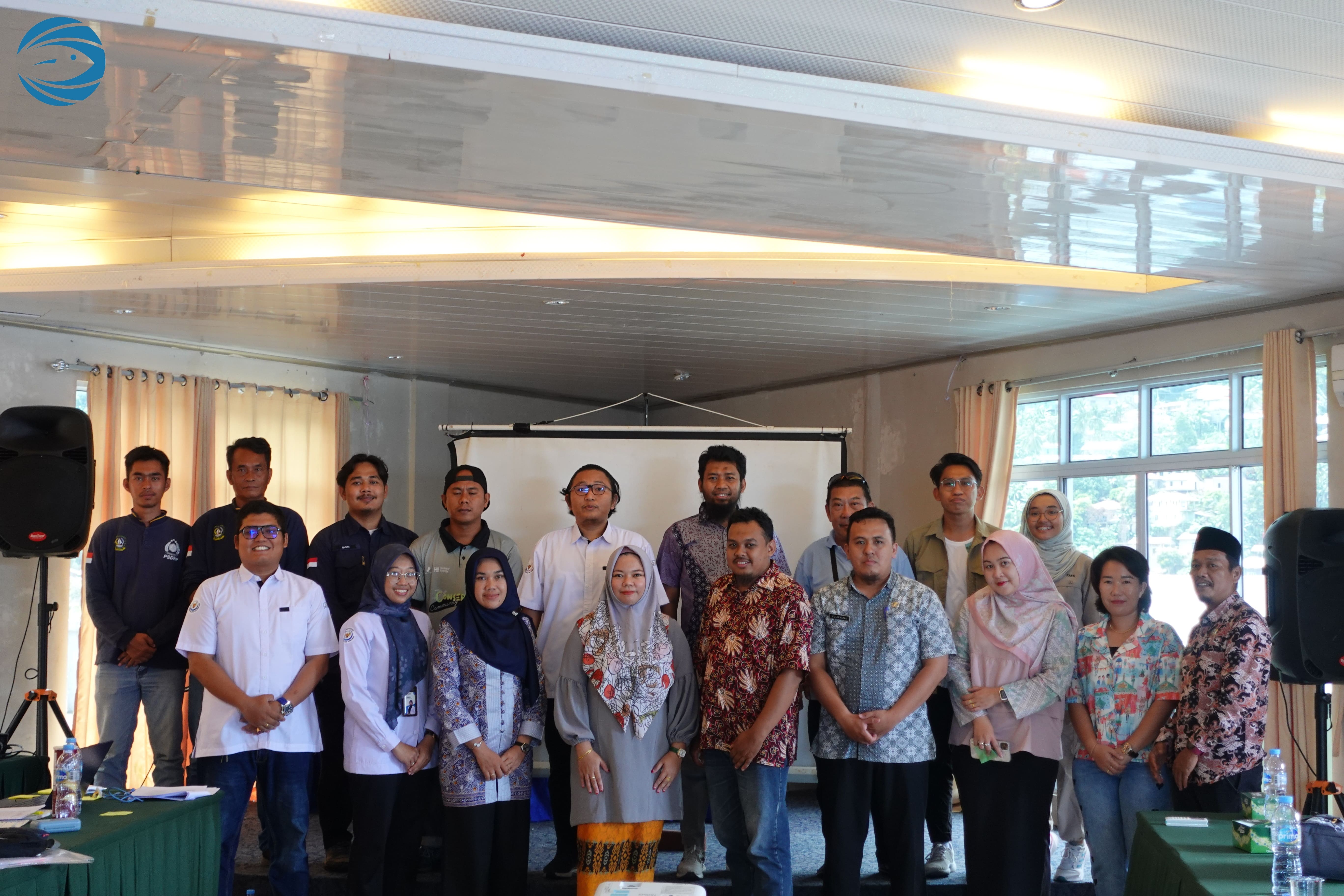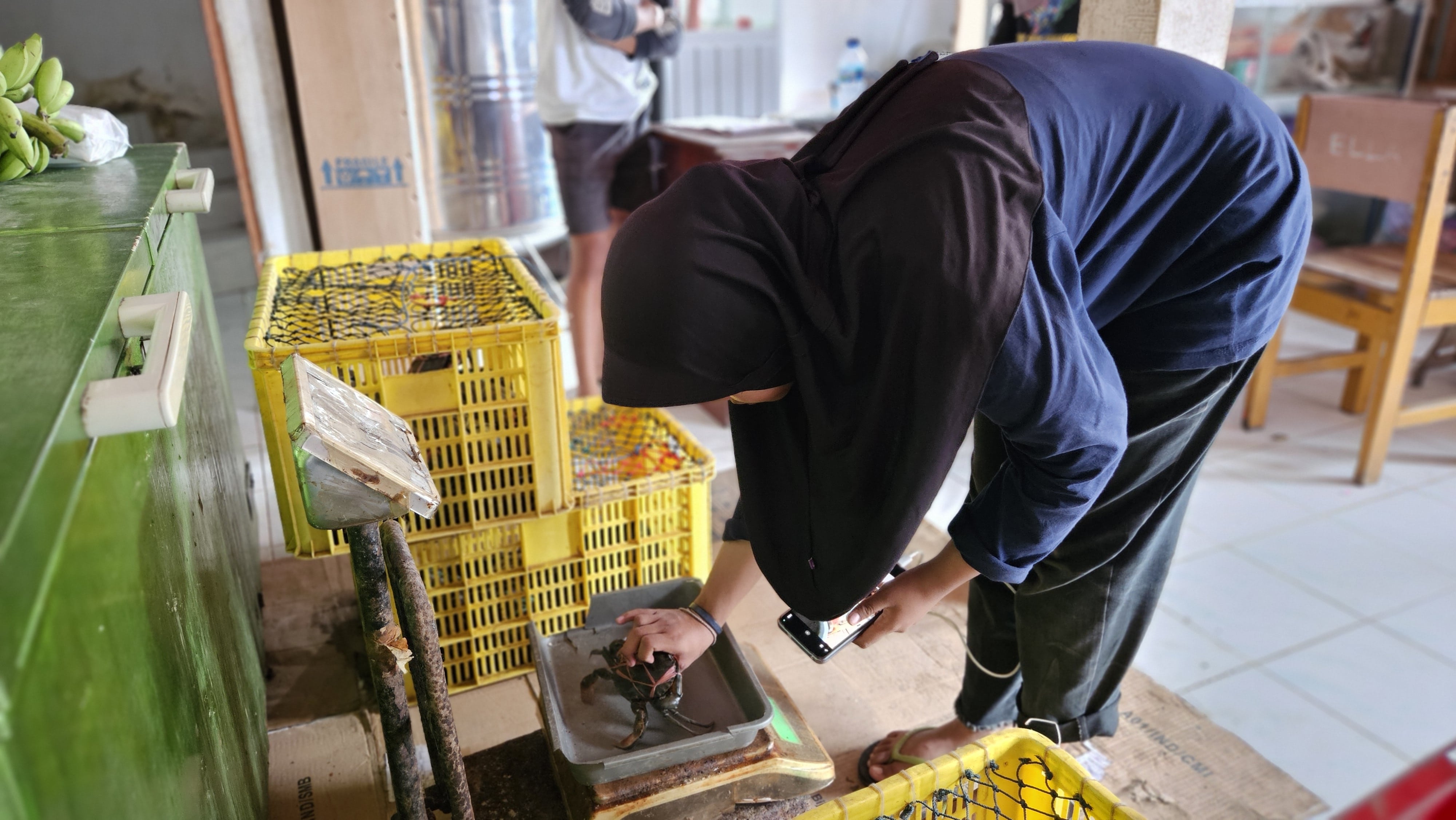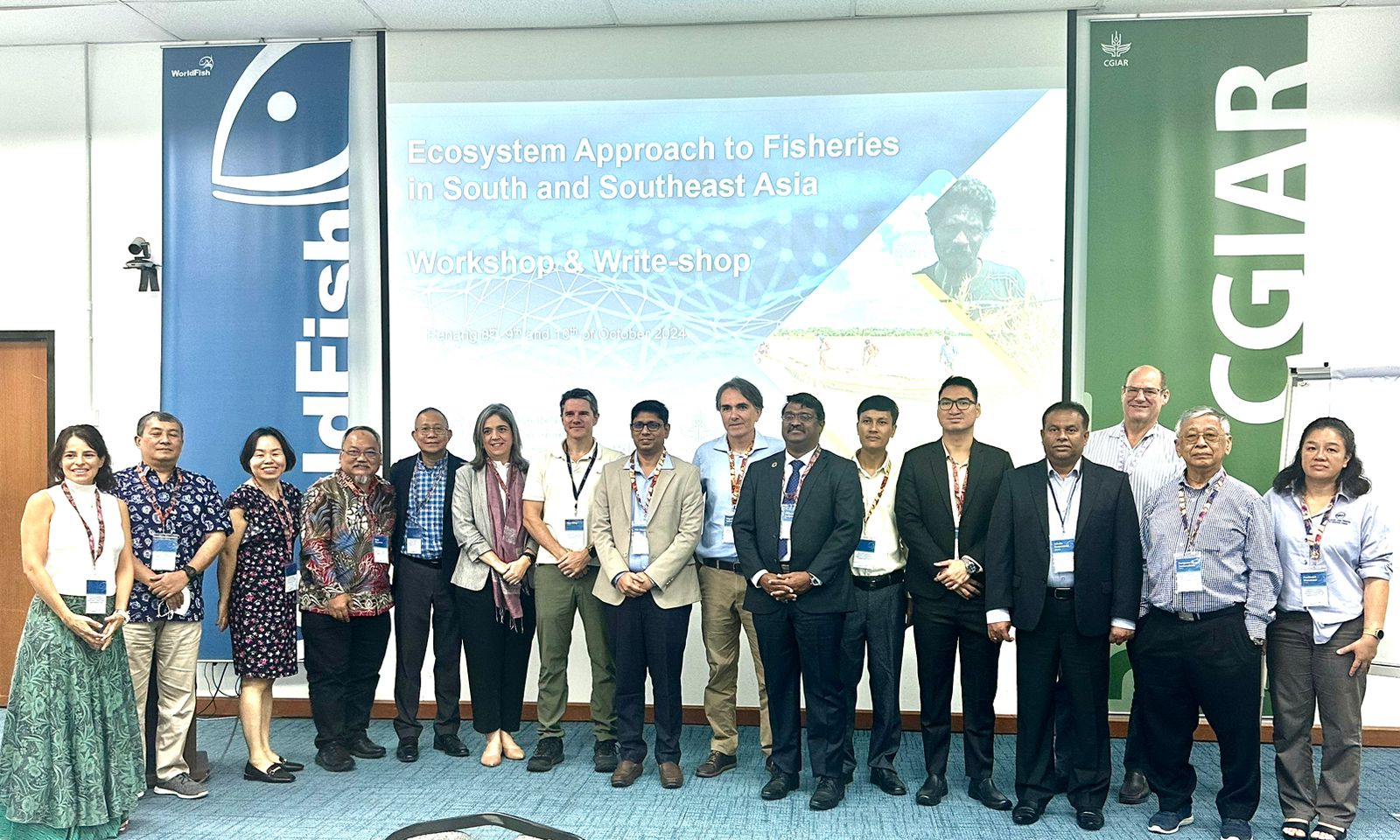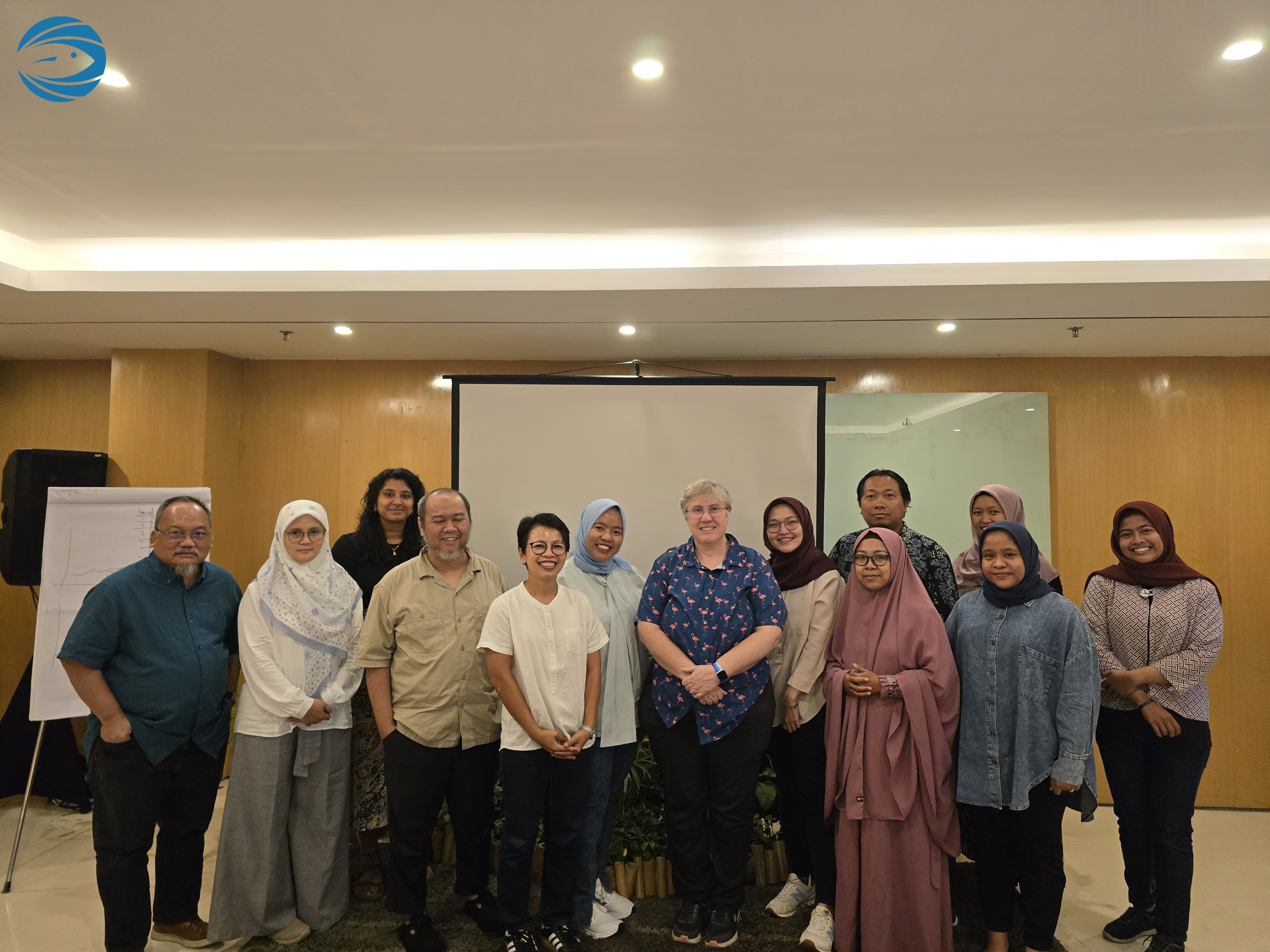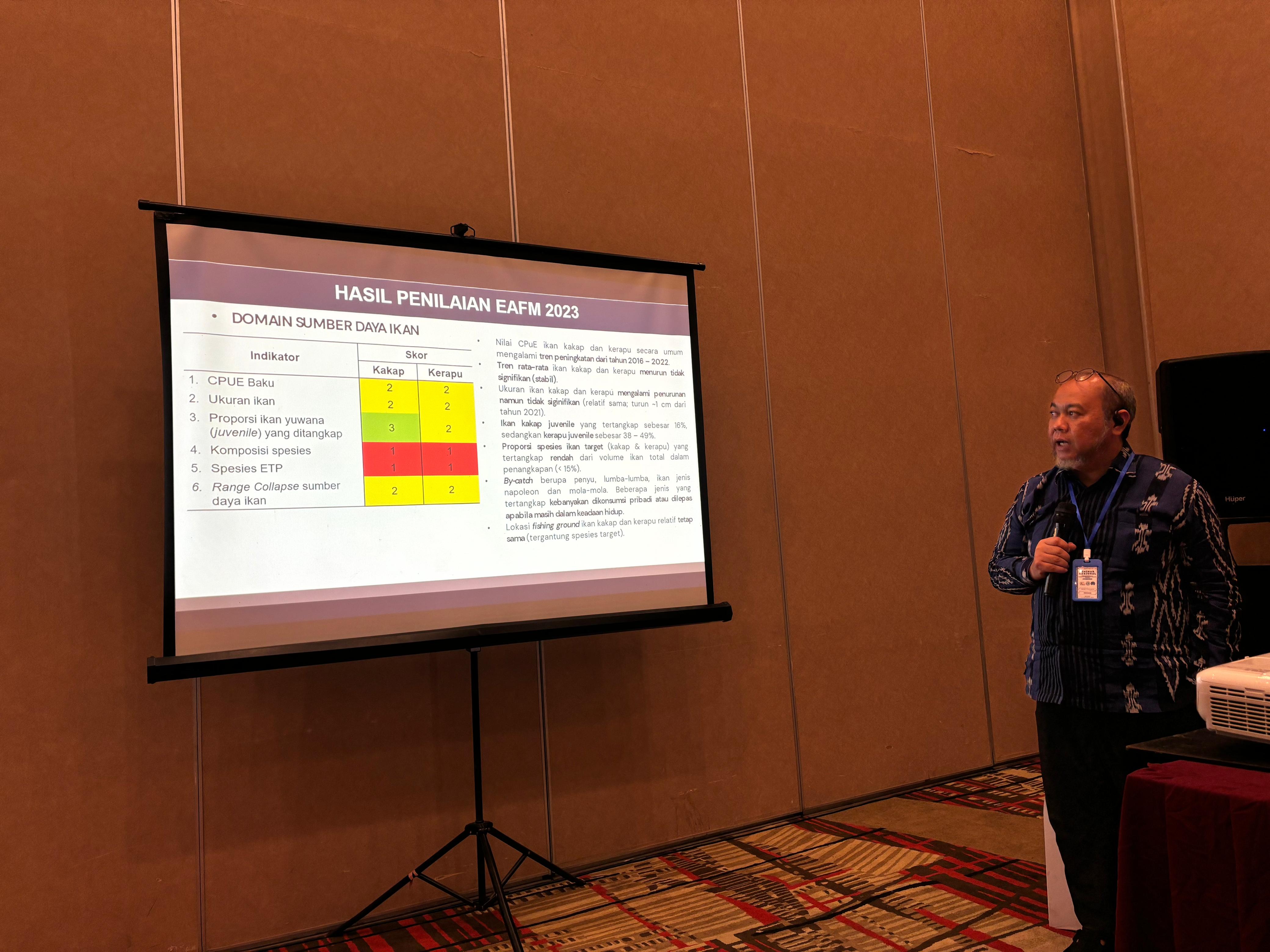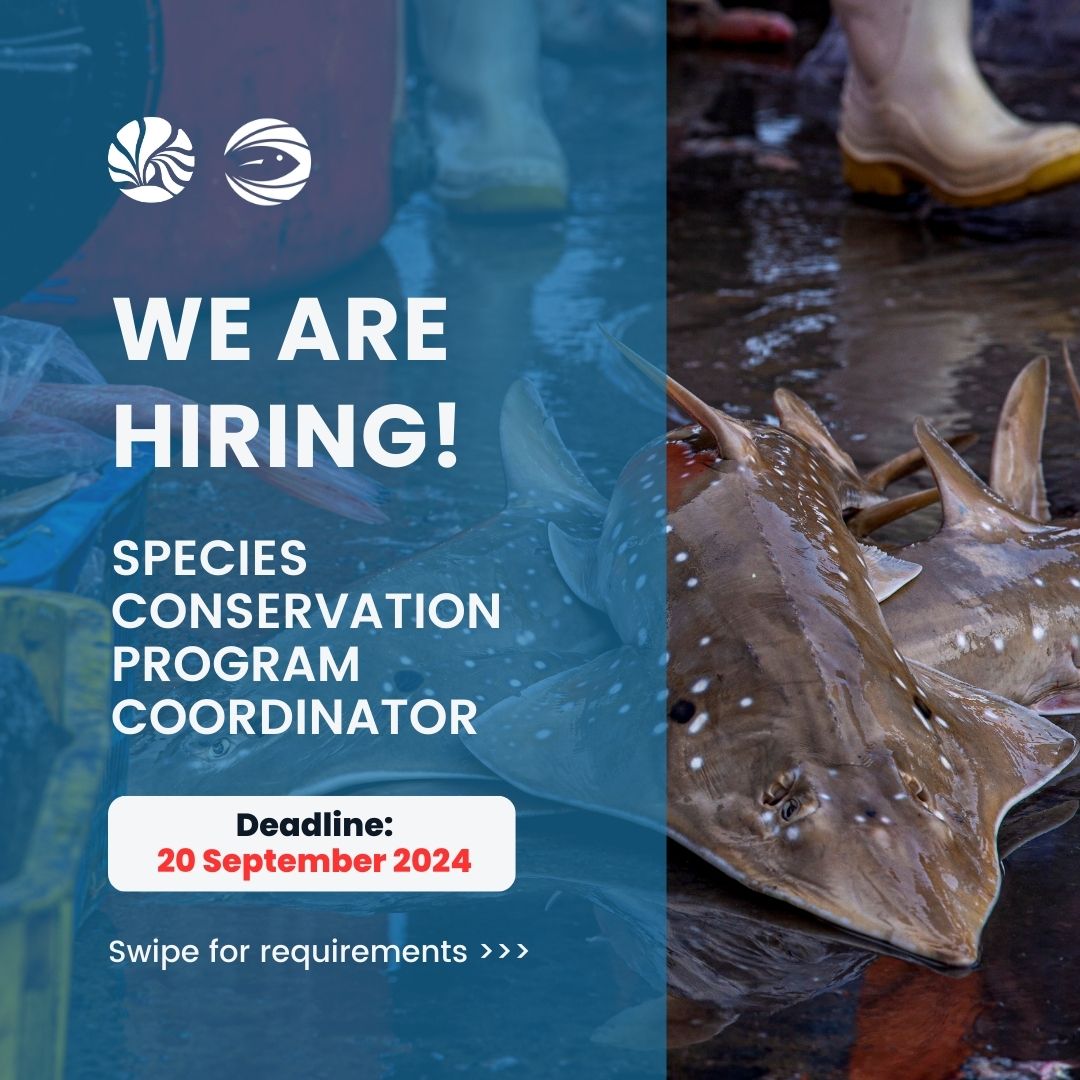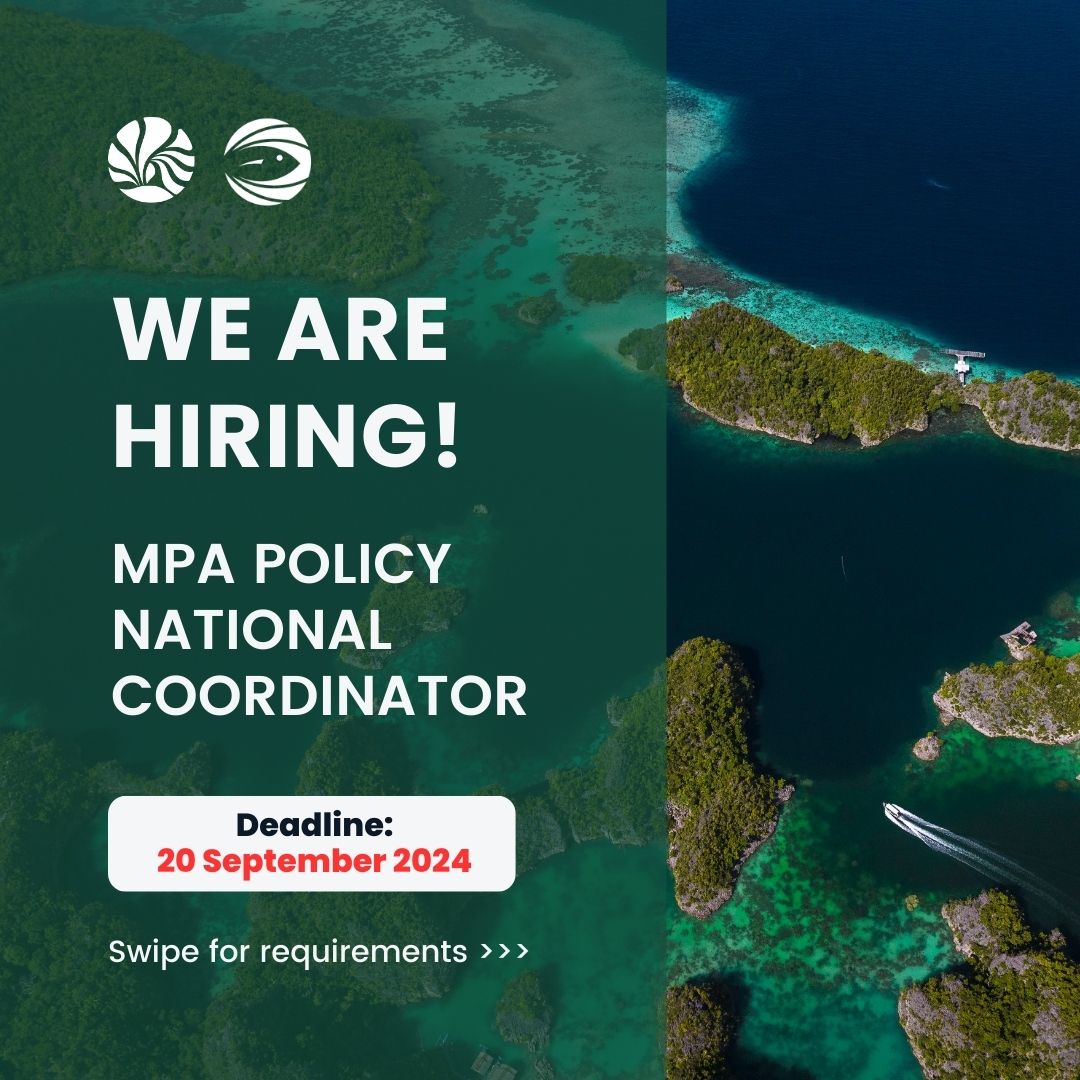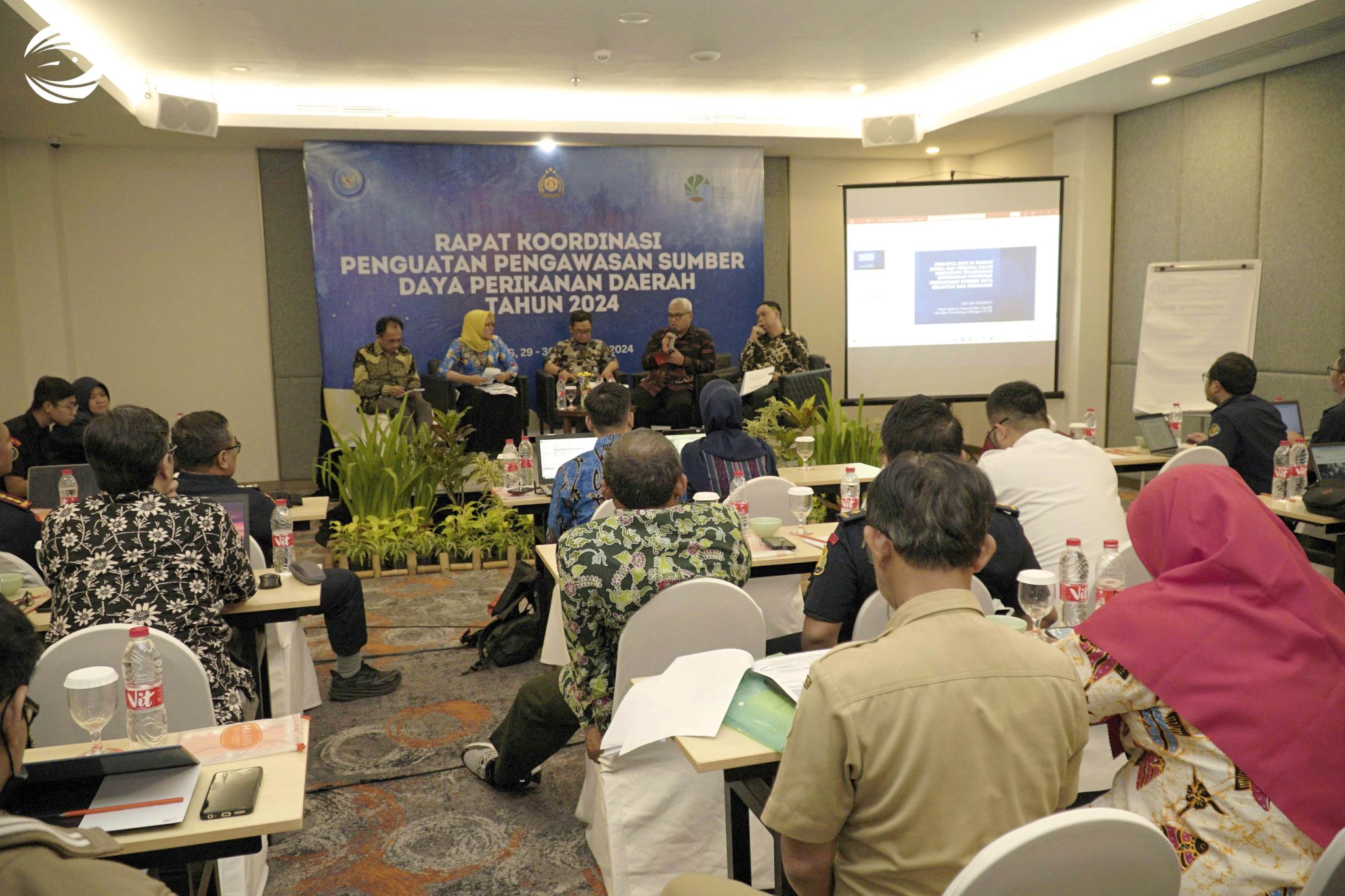[CLOSED] WE ARE HIRING: MARINE CONSERVATION ECONOMIC SPECIALIST
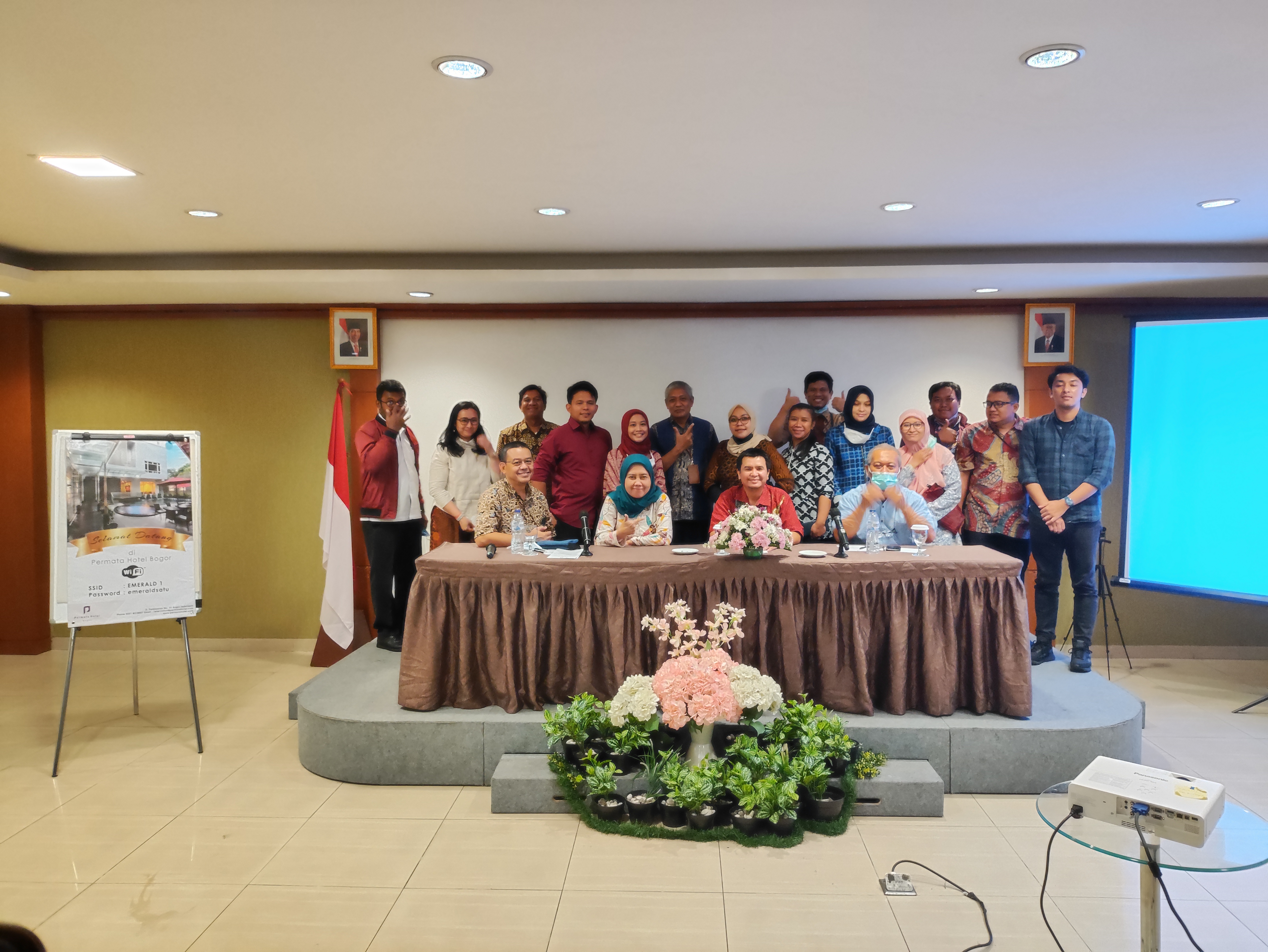
Ditulis oleh Admin | 12 December 2023
0 Comments
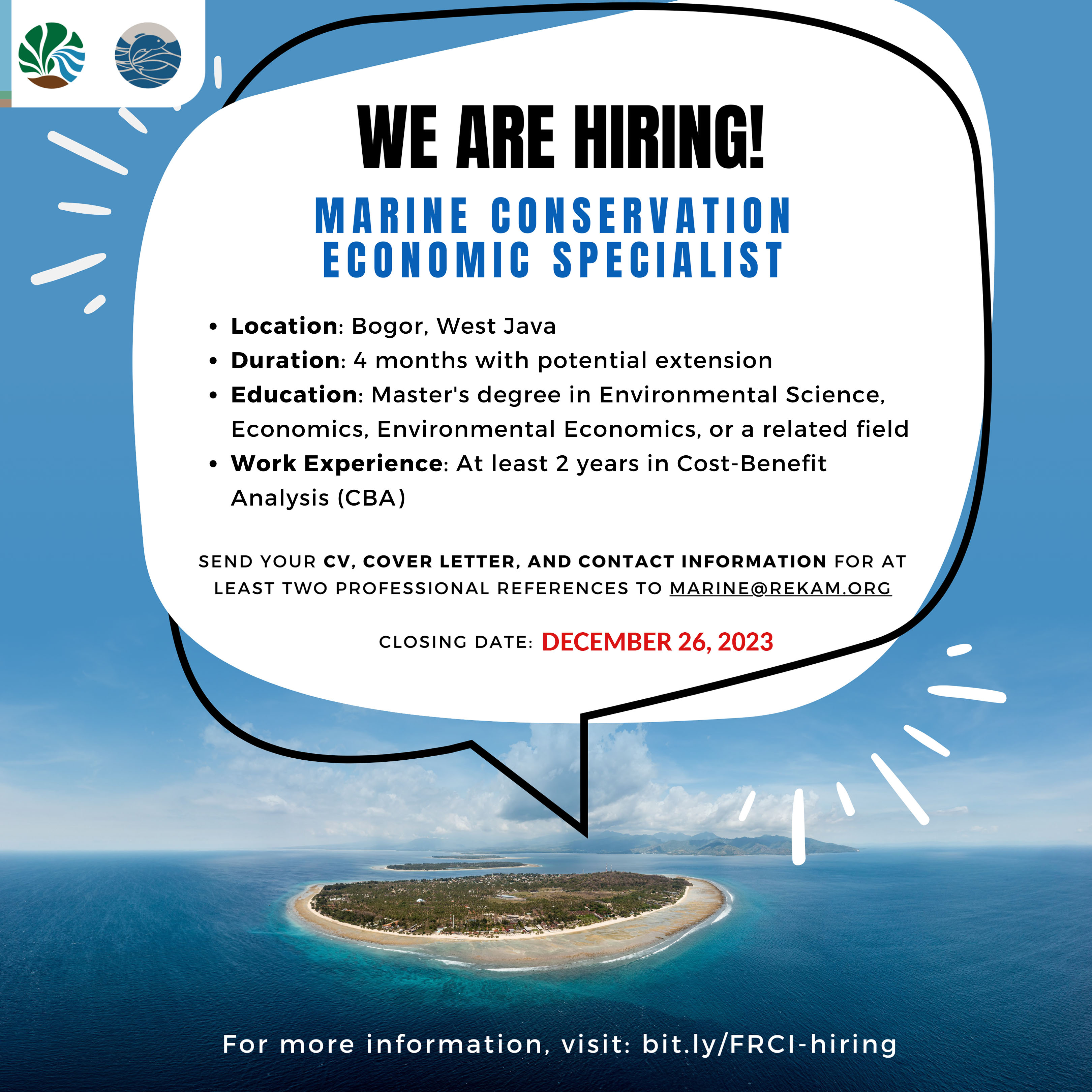
Indonesia has initiated the 30x45 Marine Conservation Initiative, aiming to expand marine conserved areas to 10% by 2030 and 30% by 2045. This effort aligns with the Aichi Biodiversity Target 11. Acknowledging the significant funding required, Indonesia is considering conducting a cost-benefit analysis (CBA) project to support the expansion of Marine Protected Areas (MPAs). The study aims to identify cost and benefit components and establish a methodological approach for the CBA. The expected outcome is a comprehensive report that will guide the expansion of Indonesia's MPAs, including the extension and creation of new areas, to achieve the 30% conservation target by 2045. This study has two objectives, i.e., (1) to identify relevant cost and benefit components and (2) to establish a methodological approach, both for cost-benefit analysis of marine protected areas development and management, to achieving the 30x45 marine conservation target.
FOR THIS PURPOSE, A MARINE CONSERVATION ECONOMIC SPECIALIST IS URGENTLY NEEDED.
Location: Bogor
Duration: Four (4) months with potential for extension
Scope of work:
The Marine Conservation Economic (MCE) Specialist will be crucial in executing the cost-benefit analysis (CBA) project specifically designed to establish marine protected areas (MPAs). The MCE Specialist will work with other experts hired by the Rekam Nusantara Foundation (RNF) to design, implement, and manage the CBA process. The primary goal is to ensure that the CBA project is effectively undertaken, monitored, and evaluated. The responsibilities will include, but are not limited to:
- Coordinating cost-benefit analysis considering environmental, social, and economic factors
- Collaborating with environmental scientists, economists, and stakeholders to gather relevant data
- Preparing reports and presentations to communicate findings to diverse stakeholders effectively
- Managing timelines and project milestones in coordination with the project management team to ensure that project goals align with the established work plan and timeline
Educational qualifications:
A Master's degree in Environmental Science, Economics, Environmental Economics, or a related field. Courses or certifications in cost-benefit analysis, project management, and data analysis would be advantageous.
Work Experience:
- At least two years of relevant experience in cost-benefit analysis. Experience in environmental or socio-economic projects is preferable.
- Experience working in multidisciplinary teams, including collaborating with environmental scientists, economists, and various stakeholders.
- Proven track record of preparing comprehensive reports and presentations for diverse audiences.
- Demonstrated experience in managing project timelines and milestones, preferably in a project management team.
Personal Capacities and Abilities:
- Strong analytical skills with proficiency in data analysis tools (such as Microsoft Excel or similar software).
- Excellent written and verbal communication skills for effectively presenting findings and collaborating with various stakeholders.
- Solid project management abilities, including planning, organizing, and monitoring project progress.
- Ability to work collaboratively in a team and engage with stakeholders from diverse backgrounds.
- Critical thinking and problem-solving skills, with the ability to work under pressure and adhere to deadlines.
- A good understanding of environmental policies and regulations would be beneficial.
Kegiatan Terbaru
